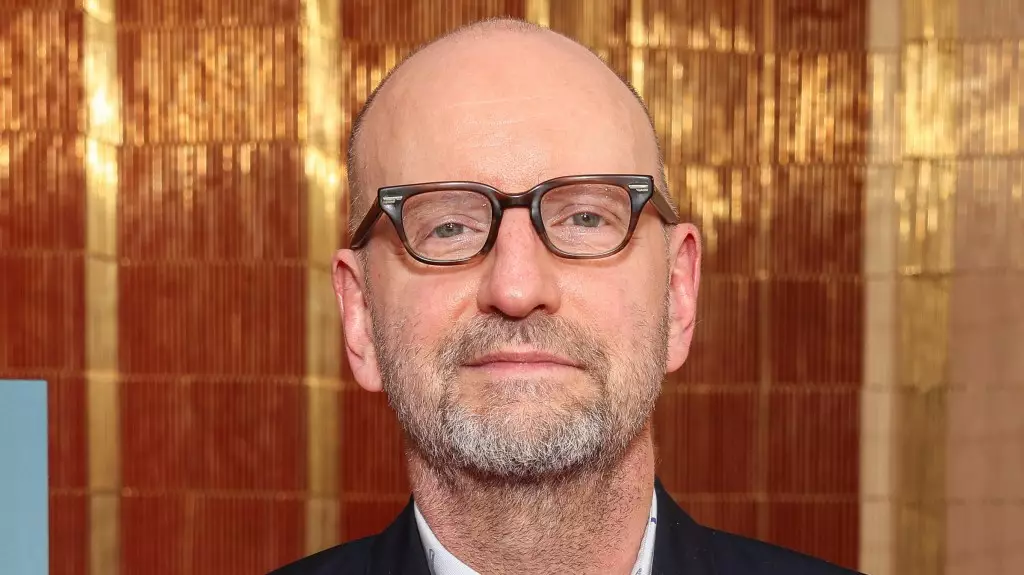In a world increasingly dominated by franchise films and blockbuster animations, the haunting words of Steven Soderbergh reverberate with an undeniable truth: the sustainability of mid-budget cinema is at risk. The Academy Award-winning director has recently expressed his frustration over the disappointing box office performance of his new espionage thriller, *Black Bag*. This marks a pivotal moment in film history, embodying a profound shift in audience dynamics and the overall viability of films that aim to captivate rather than simply entertain. Soderbergh’s reflections are both candid and distressing; he crafts a narrative that warns of the dangers lurking for filmmakers who wish to explore the nuanced, complex territory of adult themes and stories.
A Box Office Conundrum
Soderbergh is not merely lamenting the fate of his own film; through his words, he unveils a broader crisis enveloping the entertainment industry as a whole. In an age where streaming services have rendered traditional theatrical releases increasingly rare for mid-level films, *Black Bag* serves as a case study in disillusionment. The director poignantly questions the disappearance of audiences above the age of 25, those who would traditionally gravitate toward intelligent storytelling. He underscores a growing gap in the cinematic experience, where the demographics who once filled theaters now seem to be forsaking them for quicker, bite-sized digital content. The question looms large: what does the dwindling turnout for thoughtful dramas mean for the filmmakers who come after him?
The Fragility of Artistic Expression
As Soderbergh contemplates the implications of these trends, he expresses a profound concern for creators whose visions defy the constraints of superhero narratives or low-grade horror flicks. He paints a grim picture: a future where the tantalizing complexities of films like *Erin Brockovich* and *Traffic* might never see the light of day again. The filmmaker is not just mourning the possible death of his own artistic voice, but rather warning of a cultural decline that could follow suit. In an environment that increasingly prioritizes profit margins over artistic merit, the space for storytelling that challenges and provokes risks being suffocated.
A Call to Action for Audiences
Soderbergh’s sentiments should act as a rallying cry for audiences to reconsider their movie-going habits. Are we willing to sacrifice the depth and quality of storytelling for the hollow thrill of the next blockbuster? There is a tangible urgency in his call for everyone, not just filmmakers, to advocate for the survival of mid-range films that resonate with life’s complexities. The director believes there must be a collective effort to cultivate an audience for these narratives that delve deeper into human experiences.
This moment serves as a crucial inflection point, compelling cinema-goers to evaluate their choices, to invest in the art that reflects reality. In the shifting landscape of film, Soderbergh’s insights summon us to take action, reigniting our commitment to support the kind of storytelling that dares to confront the intricate truths of our lives.


Leave a Reply